TURN YOUR GAMERS INTO MAKERS
EMPOWERING STUDENTS TO MEET THE
CHALLENGES OF TOMORROW

Mastery Coding™ empowers students to meet the challenges of tomorrow by providing exciting computer programming, esports, and STEM curriculum that combines critical thinking with project-based learning.
These courses equip students with the skills they need to become industry certified for high-skill, high-need, and high-paying workforce opportunities. By using gaming as a gateway, we build career readiness.
DIVE INTO MASTERY CODING
Standards-based curriculum
Our high school CTE pathway aligns with coding, game development, and software CTE pathways across the nation. See how we align with your state.
Earns CTE industry certifications
Our middle school and high school courses prepare students to attain industry-recognized technology certifications.
Top-tier professional development
From onboarding to ongoing PD and 24-hour support channels, we offer teachers the PD and support they need to be successful.
Builds confidence and portfolios
Our project-based courses give students the chance to apply newly learned skills and knowledge to impressive projects. See projects your students could be building with our curriculum below.
Anyone can teach Mastery Coding™
Our video-based curriculum provides extensive teaching resources so that teachers with no prior CS knowledge can teach and facilitate with ease.
Versatile implementation
Mastery Coding™ offers products that can be taught in-the-bell schedule, after school, or during school breaks.
EXPERIENCE REAL MASTERY CODING STUDENT PROJECT DEMOS
Our project-based coding courses guide students throught project that teach important computer science topics and give them the freedom to make truly original works. See real student demos in action below.
Game Development Foundations
In Game Development Foundations, students build 2D browser-based games using just HTML, CSS, JavaScript, and the p5.js library.

Word Guessing Game
In this project, students build out a word-guessing game where a random word is chosen and the player is given the opportunity to guess letters.

Narrative Text Adventure
A browser-based text adventure game to learn how to build and incorporate a unique game narrative using JavaScript.
Game Development 1
In Game Development 1, students build several full-featured games using the Unity game engine and C#.

Mojave Runner
Students learn how to transfer their knowledge of 3D game development into 2D, and learn some tips and tricks for better program structure and design.

Castle Attack
Students become familiar with the Unity Scripting API to create a 3D castle attack arcade game reminiscent of Angry Birds.
Game Development 2
In Game Development 2, students learn intermediate and advanced game development concepts and industry-established software design practices.

Rocket Kart Racing
Students learn how to analyze and reverse engineer game mechanics and their implementation from popular ESports games such as Rocket League while learning physic concepts such as torque.
GET A 30-DAY PREVIEW OF MASTERY CODING’S PROJECT-BASED COURSES
Certifications lead to job interviews and portfolios lead to jobs. Mastery Coding leads to both.

MASTERY CODING
IN ACTION
Featured on ABC News
El Paso students are becoming fluent in a whole new language — computer coding. Students at Riverside High School got the chance to start creating their own games with Mastery Coding curriculum.
Featured on NBC News
With the help of Mastery Coding, Riverside High School students in El Paso are now learning about all of the college and career opportunities available in the world of esports, including internships, scholarships, and sponsorships.


FREQUENTLY ASKED QUESTIONS
- Approximately how long does a unit take to teach?
Each module contains 3 lessons, and each lesson takes about 30 minutes to complete.
- How long does it take to complete the middle school courses? Would it be enough for a semester credit?
Both foundations courses can be completed as a semester or full year.
- Where will my teachers find the time to teach this?
We have 8 units of materials with 5-8 lessons each at 30 minutes per lesson. Used predominantly during math and science hours, best practice shows progress at 2 to 3 times per week tops. The materials are great to “sprinkle” into an existing curriculum schedule and completion of all materials is not a requirement.
- Is the curriculum meant to be teacher directed?
The role of the teacher in all foundations and certifications courses is at minimum the facilitator and mentor. Teachers have the option to do more with the curriculum like deliver their own lectures, host review sessions, and help students through tough code problems. However, the bulk of the instruction is delivered in the platform using video lectures and tutorials.
- Can Middle School and High School take the Elementary course as an introductory course?
Definitely, at the middle school level for grade 6, the content is designed for very young learners in a classroom that is not dedicated to computer science instruction. At the middle school level in grades 7-8, they may benefit more from our “foundations” license which is aligned to state standards and fits into a block or bell schedule as a dedicated course.
- Can some lessons be skipped due to time, or do they build on each other, so cannot be skipped?
Units are irrespective of each other. They are not designed to be sequential. Some lessons (less than 10) build off of topics from previous lessons, and this is stated in the lesson. Most lessons can be taught in any order. The platform has a suggested order that teachers are free to deviate from by skipping lessons or prioritizing lessons that are relevant to topics they are learning in class.
- What can students do with this certification? Will employers know about these certifications?
The Knowledge Pillars HTML & CSS Coding Specialist industry-recognized certification is the best way to lay the foundation and prove to potential employers and college admission boards that students have the skills needed to perform the relevant coding tasks that will bring web pages and applications to life. Knowledge Pillars provides industry-leading practice and certification exams aimed at K-12 or college-level students and industry professionals. These 100% web-based certifications and skills validation services are globally recognized and highly sought after by teachers and potential employers, offering unique credentials for unique skills.
- Are there particular requirements for computers students to use or have in order to effectively do these courses?
Yes, we have a hardware specs sheet that you can request from your sales representative. We recommend a computer with a keyboard, headphones, and a mouse.

READY TO BRING THE WORLD OF TECHNOLOGY AND CODING TO YOUR STUDENTS?
Learn more about our programs or request a 30-day teacher preview.
DISCOVER MORE ON OUR STEM BLOG

Game-Based Learning vs. Gamification: How To Use Both In The Classroom
Games are highly motivating for everyone, including students. But you don’t have to turn your classroom into a game show or a video arcade to reap the benefits. Learn about the benefits of using both Game-based learning and Gamification in your classroom.

AI In Education – The Impact of ChatGPT in the Classroom
ChatGPT, a language model that uses deep learning techniques to generate human-like responses, has garnered significant attention for its potential applications in education. This AI-powered technology has been hailed as a game-changer for the education industry. Its ability to support personalized learning experiences, facilitate research …

Rise of the Educational Robots
Robotics education can prepare children for the jobs of the future, foster essential skills and competencies, and make STEM subjects exciting and engaging while exploring the benefits of introducing robots in the classroom.
